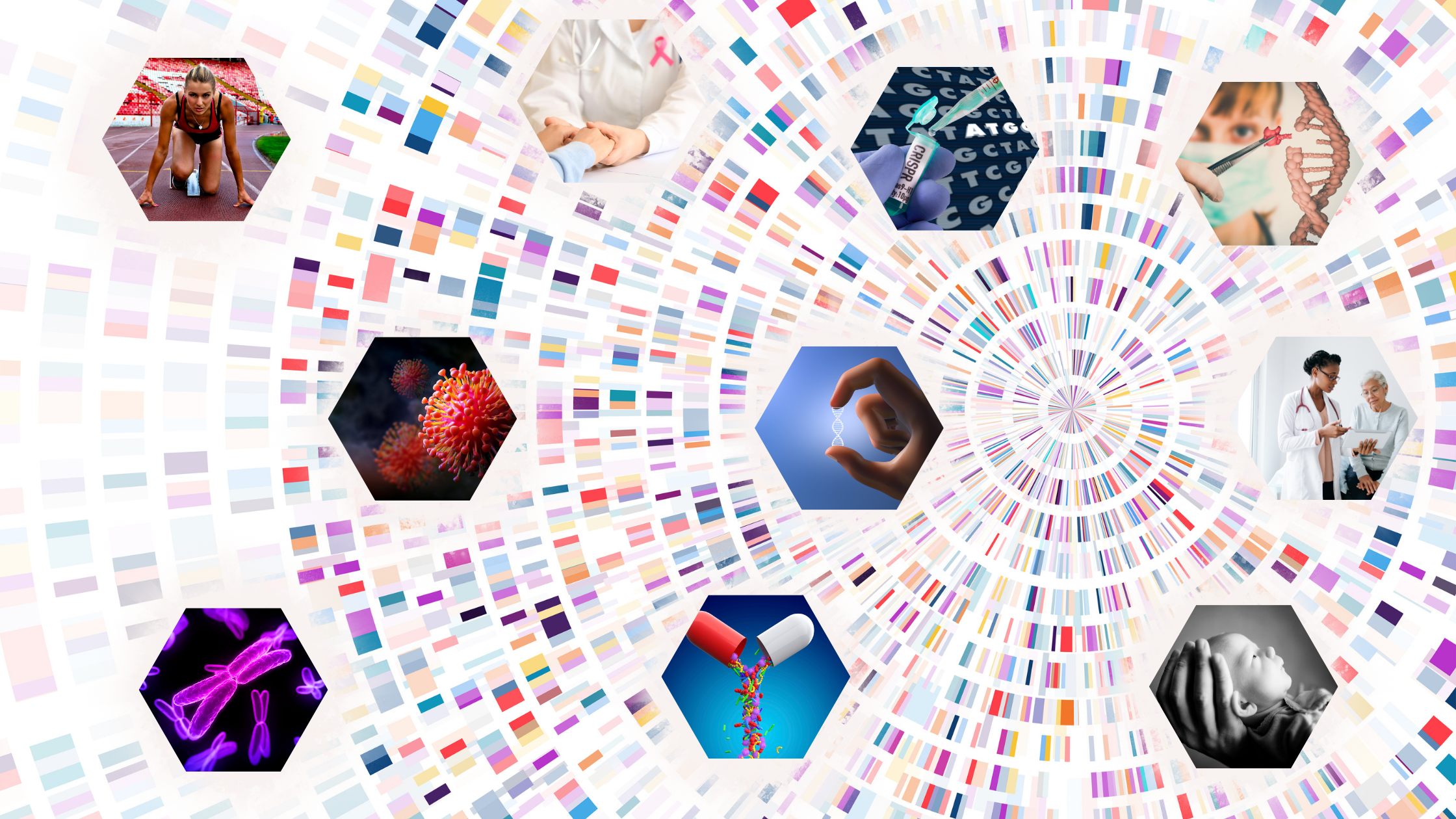Bridging the Gender Gap in Genomic Studies

This International Women’s Day reminds us of disparities and the need to focus on bridging the gender gap in the scientific arena. Genomics is not untouched by gender disparity be it studies or contribution. In the realm of genomics, understanding the intricacies of human biology requires a comprehensive approach that embraces diversity. Historically, women have been underrepresented in genomic studies, leading to a significant gap in our understanding of genetic variations and health outcomes. In December 2022, the FDA made it mandatory for equal representation in clinical studies to foster diversity in data, before that it was seen there was a skewed representation of women in various clinical studies including genomic studies. This blog explores the importance of women's participation in genomic studies and the profound impact of having diverse and inclusive data
1. Addressing Historical Disparities:
Traditional biases have resulted in a disproportionate focus on male subjects in genomic research.
The lack of representation of women in studies has hindered the development of precise diagnostics, treatments, and personalised medicine tailored to female biology.
2. Unique Genetic Factors:
Women carry unique genetic factors, including sex chromosomes and hormonal influences, which can play a crucial role in health and disease.
Comprehensive genomic studies with diverse datasets enable researchers to identify sex-specific genetic variations and their health implications.
3. Understanding Women's Health:
Women experience distinct health challenges, such as reproductive health issues, pregnancy-related conditions, and autoimmune disorders.
The inclusion of women in genomic studies is essential to unravel the genetic underpinnings of these conditions and develop targeted interventions.
Our genetic blueprint is similar across individuals, but its utilisation varies across the body and among people. In a study examining gene expression in different organs, around 6,500 genes displayed a bias toward one sex in specific tissues. For instance, genes related to hair growth were more active in men, while those linked to fat storage were more active in women.
4. Drug Development and Precision Medicine:
Many drugs exhibit sex-specific responses, and genetic variations can influence drug metabolism differently in men and women.
Inclusive genomic data facilitates the development of gender-specific treatment plans, contributing to the advancement of precision medicine.
5. Advancing Reproductive Genetics:
Women's participation in genomic studies is crucial for advancing our understanding of reproductive genetics, fertility, and the hereditary aspects of pregnancy-related complications.
Informed genetic insights empower women to make more informed choices about family planning and reproductive health.
6. Promoting Diversity and Inclusivity:
Initiatives promoting diversity and inclusivity in genomic studies are essential to capturing the full spectrum of human genetic variation.
Encouraging women's participation in research ensures that the benefits of genomics are accessible and applicable to everyone.
The inclusion of women in genomic studies is not just a matter of equity; it is a scientific imperative. By closing the gender gap in genomics, we unlock a treasure trove of insights into human biology, health, and disease. Embracing diversity in research will pave the way for more accurate diagnostics, personalised treatments, and a deeper understanding of the complexities of the human genome. The other sex is not just a participant, but a key contributor to the genomic narrative shaping the future of medicine and healthcare.

The Gene Box











.png)



















































